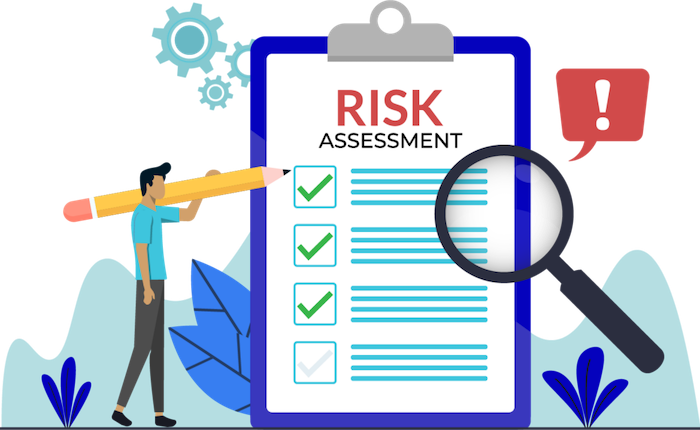Embracing Setbacks: Lessons from My First Attempt at the PMI-RMP Exam
And I failed it.
The moment I saw that I didn’t pass my first attempt at the PMI-RMP exam, it felt tough. But once I got past the disappointment, I began to realize just how much I had learned from the experience. Failing is never easy, but it taught me some key lessons about risk management - lessons I hope will help you as you prepare for your own exams.
1. Managing Life's Risks
Life happens, and sometimes it throws unexpected risks your way. In the months leading up to the exam, I faced challenges with work, family health issues, and travel. All these made it hard to focus on studying. It's important to plan ahead and manage these personal risks—whether it's setting aside time for study or adjusting your schedule to fit life's demands.
2. The Risk of Poor Time Management
I learned that my study schedule was not effective. After long days at work, I often didn’t have the energy to study properly. Time management is a key risk in exam preparation. To reduce this risk, I now know it’s important to have a balanced and realistic study plan that fits into your daily routine. You can't rush learning, and cramming doesn’t help.
3. The Risk of Not Practicing Exam Conditions
The PMI-RMP exam is not only about knowledge but also about stamina. It’s 2.5 hours long, with detailed, scenario-based questions that require full concentration. I realized that I hadn’t practiced sitting for long periods or answering questions under exam conditions. This is a risk you can easily avoid by doing timed practice exams regularly. These help build your mental endurance and train you to stay focused for the entire exam.
4. The Risk of Overloading on Resources
One mistake I made was buying too many books and switching between them. This caused confusion rather than clarity. Too many resources can lead to information overload, which is a common risk in exam preparation. My advice? Stick to one or two trusted study materials. Focus on depth rather than jumping between different books, and make sure you understand the core concepts well.
5. The Risk of Skipping Mock Exams
Another risk I overlooked was not taking enough mock exams. These are critical for success. Mock exams allow you to test your knowledge, see how you perform under time pressure, and identify areas for improvement. They also give you a feel for the types of questions you’ll face and help you manage your time during the real exam.
6. Staying Positive Despite Setbacks
Yes, I felt disappointed, but I’m staying positive. This experience helped me see where I need to improve. Failing was a tough lesson, but it taught me how to handle risks better and plan smarter for my next attempt. With each setback comes a chance to learn and grow.
As the saying goes, "जब तक तोड़ेंगे नहीं तब तक छोड़ेंगे नहीं" (Until we break through, we won’t give up). This attitude will help me push through and succeed next time. For anyone preparing for the PMI-RMP, remember that failure is part of the journey. Learn from the risks, adjust your strategy, and approach your next attempt with confidence.
Stay motivated till the time I share my certification!




Comments
Post a Comment